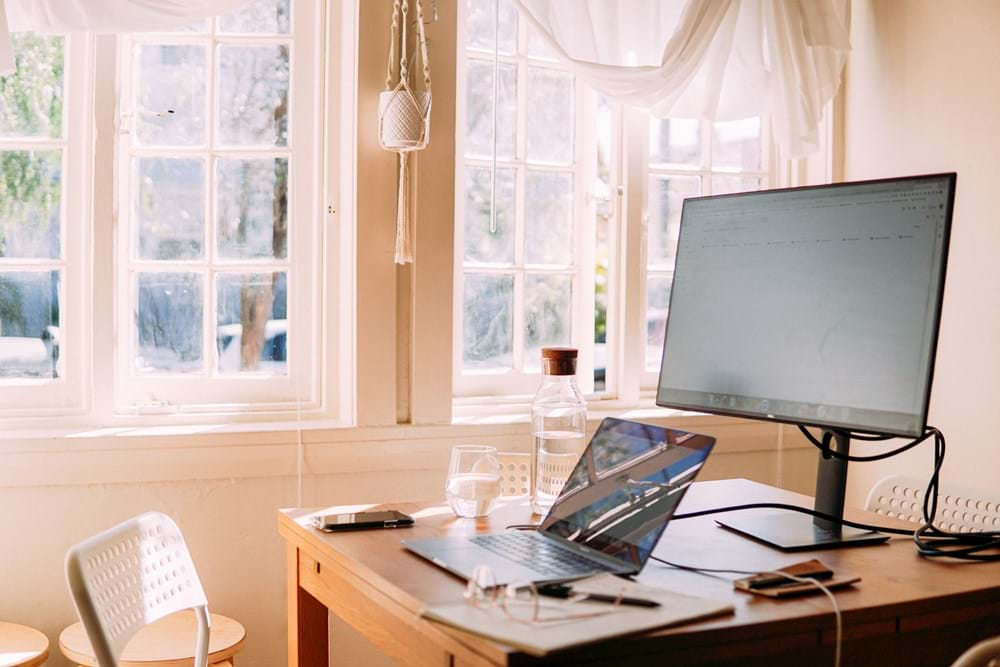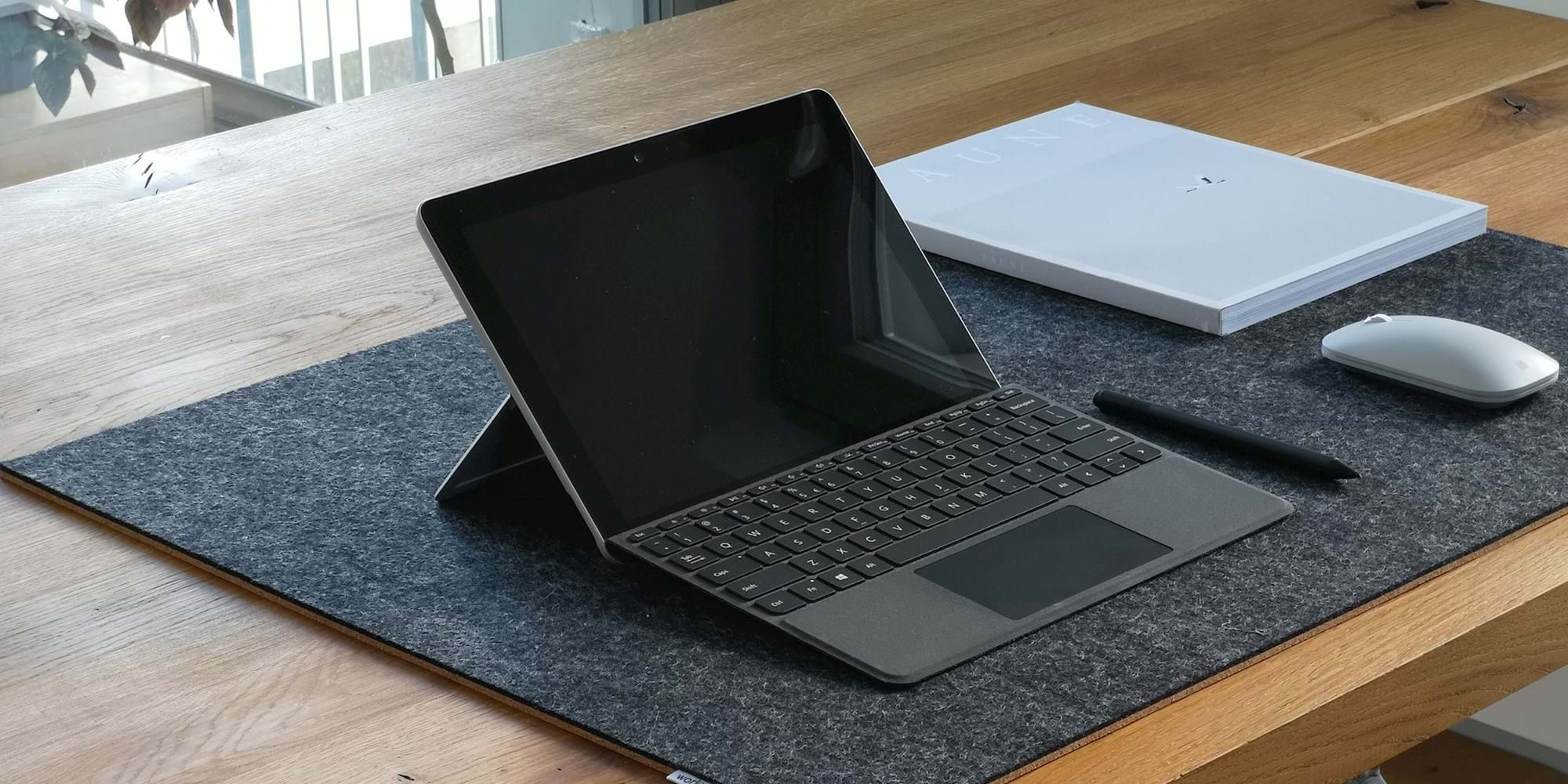Fed up and stressed out with working from home ... then read this.
We have all been transitioning through considerable change over the past year. Work is challenging for everyone, and family life is sometimes compressed. There is frequently no downtime between the Teams call with that important client and having to answer the door for your weekly online shopping delivery; work and home life are often merged into one.
The pandemic has allowed us to rethink the working day in a positive way, allowing us to balance more time between work and family. It can, however, sometimes leave us stretched too thin, raced off our feet, or exasperated with the fact that so much of our day revolves around looking at a screen. I have regular calls with colleagues and clients expressing how they are so tired of being glued to a mobile phone and PC all day, all week, all month.
Interestingly, it feels at times as though an unhealthy competitiveness has developed regarding how we approach our work-from-home lifestyles. I hear a lot of people comparing who worked the latest, who had the longest Zoom meeting, etcetera.
I think this might be down to a subconscious guilt at our natural propensity to want to take a bit of time out to reflect or have a break during the day when working from home. Perhaps we have come away from the orthodox structure of commuting, working and presenteeism at the office so quickly that we are struggling to get over the notion of “out of sight and therefore out of mind” – the fact that, taken out of the workplace, we in some way feel less secure and worry that we look less able in our jobs. In turn this may leave us feeling vulnerable during a time of uncertainty for the whole world.
Plenty of people have fallen into this trap – myself included. After overworking myself through the week, I’ve found that I feel tired to the point of not being able to focus by Friday, and I miss important detail and context in some of the activities on my work to-do list. This can easily flow over into home life, too.
Ironically, I completely overlooked the fact that the business values my mind far more highly than any superficial quantification of my activity levels.

Taking time out to reflect, decompress, walk the dog, clear up leaves in the garden or whatever you can do within your circumstances is massively important to your productivity and value to your employer.
As a big fan of the Headspace App, I was really interested to read an article by Andy Puddicombe, Headspace’s founder: “Mindfully Transitioning to a WFH Culture”. His article refers directly to the potential pitfalls of the work-from-home culture, suggesting “...skipping breaks from work to pause and reset can leave us burnt out and fatigued.”
Clare Purvis, Headspace’s Director of Behavioural Science, goes on to say: “It can be helpful to bring awareness to the urge to fill every moment with ‘doing’, and reflect on what we really need in a given moment, which may really be simply to rest and not do more things. Having compassion for ourselves is a key ingredient.”
From personal experience, I have found that it is absolutely crucial to factor in down-time as an important part of the daily schedule.
What words come to mind when we consider the key attributes of employees who make valuable contributions to their businesses? Passion, drive, willpower, patience, optimism, communication skills, to name a few. It is easy to see how state of mind and emotional wellbeing is critical to the ability to display and perform these positive traits.
So, if you find yourself sitting at home, staring at your PC, feeling numb, burnt-out and battle fatigued, do take a moment to reflect, perhaps do nothing for a while, and be mindful of how you’re feeling. Act on it without guilt, fear or insecurity. Fundamentally, if you feel like you need a break, you probably deserve one!
At Modus we are highly sensitised to the needs of our employees during this time and our management teams across the business prioritise contact, open communication and feedback from staff. Our greatest asset has and will always be the wonderful people we work with and the incredible contribution each person makes to creating a better business year on year.

A blog written by our Managing Director, Lindsay Dowden
